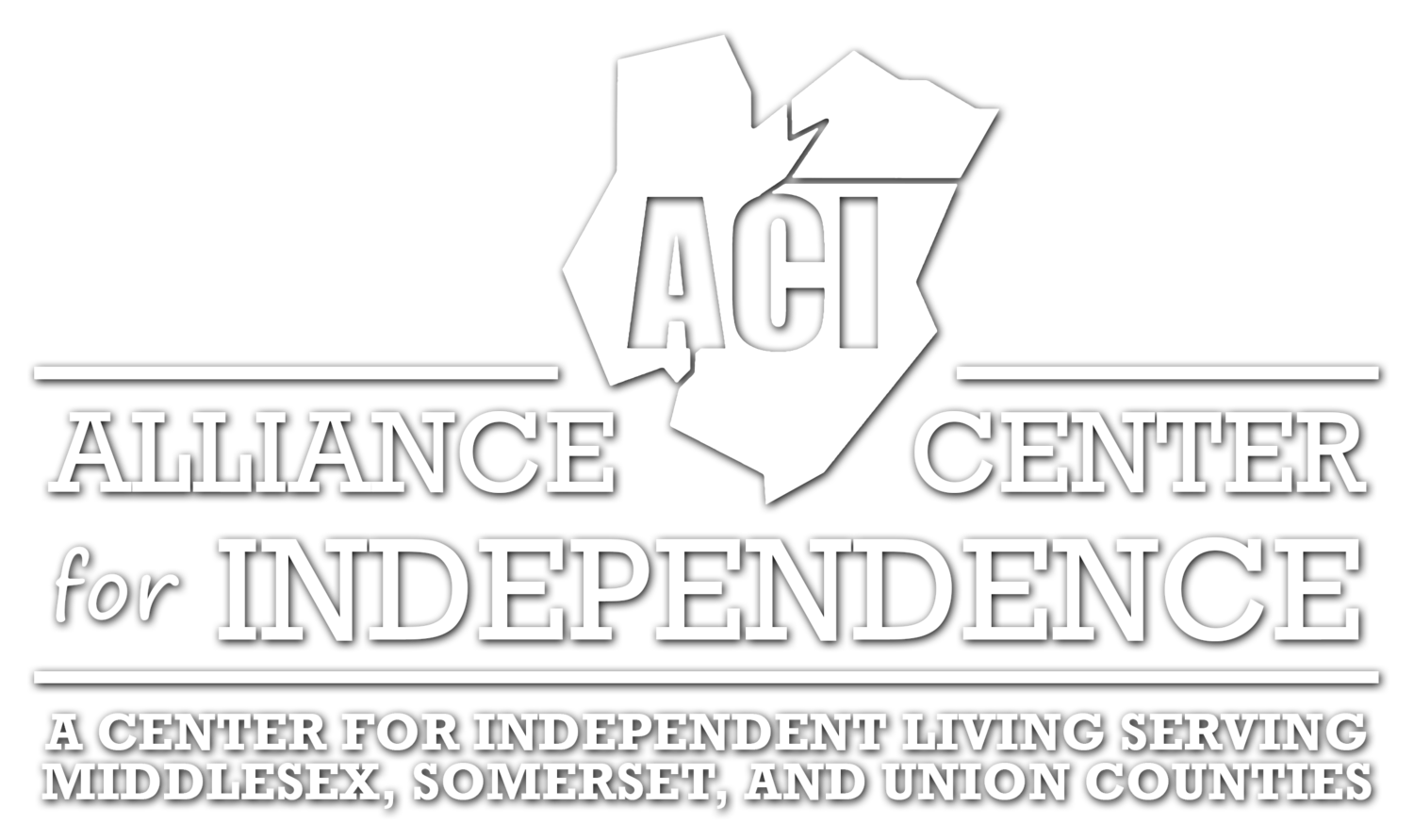Written by Jenny Wise from Special Home Educator
Disabled individuals have a wealth of knowledge, experience, ideas and skills to impart to employers, though sometimes it can be difficult for those with disabilities to connect with the right employer or take advantage of optimal opportunities when they arise. Fortunately, there are agencies, both government and community-based, that can help position autistic and other disabled workers for fulfilling jobs that offer opportunities for success and career advancement.
For any job hunter, opening avenues to success is often a matter of talking to the right person at the right time. The more professional connections you can make in that regard, the better your chances of securing the right opportunity.
Assessment Resources
If you need a little help figuring out what vocational direction you should be taking, it might make sense to begin with a career skills assessment. Your state department of rehabilitation is a good place to begin. There are also online resources, including ISEEK and Princeton Review, both of which will ask questions about you and your job experience to get a picture of where your true skills lie and what direction you should take professionally.
If you are a Social Security beneficiary, check out Ticket to Work, a free program that helps beneficiaries find a position that could provide a pathway to a rewarding career and financial independence without undermining your Medicaid status.
Autism Tool Kit
The website Autism Speaks has prepared an employment tool kit with information on everything from how to conduct an employment search to identifying the right job and pointers for succeeding in an interview. There’s also valuable information on how to prepare a resume and knowing your employment rights.
Job Hunting Resources
The U.S. Department of Labor is a robust resource for job hunters with disabilities. The DOL’s website CareerOneStop provides plenty of information on career exploration, job training and job listings. You can search and apply for current job openings, post your resume and research a wide range of jobs and their pay scale, all free of charge. You’ll also find information on job interviewing (including interviewing tips and common interviewing questions) as well as how to negotiate salary, vacation time and more.
Job Opportunities
If you’re interested in knowing what kinds of jobs offer disabled individuals the best opportunities, check out TradeSchools.net, a useful online resource for disabled job seekers. People with autism often have success in jobs that involve working with animals, including grooming, dog training, and as a veterinary technician. Computer technology may offer autistic individuals the most lucrative opportunities of all. Many autistic individuals have experienced long-term success as software engineers and computer programmers, jobs that don’t require a lot of social interaction. These are jobs that emphasize math skills, an appreciation of complex systems, and an affinity for order.
Resume Prep and Interviewing
A well-prepared resume is your entree into the job market and a means of showing employers where your strengths lie. It’s important to bear in mind that hiring managers look at lots of resumes every day, so be concise (keep it to one page if possible), highlight your abilities and accomplishments, and, above all, make sure it’s error-free. Disabled job seekers often lose opportunities due to preconceived and erroneous assumptions about autism, so promote yourself effectively.
If called for an interview, research the employer thoroughly and prepare a list of questions to ask and strategize how to emphasize your personal strengths. Review the job description and your resume, and review common interview questions so you’re well-prepared for this opportunity to impress a prospective employer. Be prepared to disclose the nature of your disability (if you’ll require accommodations) and how to bring the focus of the interview back to your strengths.
For Entrepreneurs
Launching your own small business can be an excellent idea for a disabled individual who has experience in a given field and the expertise to win customers. You can even work from your own home, a valuable convenience for individuals with mobility restrictions. If you’re not completely experienced but are up for the challenge of entrepreneurship, a dropshipping business could be the perfect way to get a little experience and try it on for size. There are myriad choices when it comes to products, so look at what’s trending right now. Drones, shoes, electronics, cell phone cases .. the list of saleable opportunities is pretty endless. The best part about a dropshipping model is in the avoidance of overhead since a third-party ships out the product once an order is placed.
Regardless of how you want to set up your business and where, determine first whether you’ll require outside funding to get started. Review your funding options once you’ve reviewed what’s available to you. Depending on your needs, you might consider taking out a line of credit, invoice financing, or small business loan, among other options. And don’t skimp on looking into business grants!
If you’re a disabled individual on the autism spectrum, there’s no need to be concerned about your employment prospects. You have skills and affinities that many employers covet, especially if you’ve worked in the field of computer technology. Do plenty of research as you conduct your job search and always be prepared to highlight your talents and achievements.




